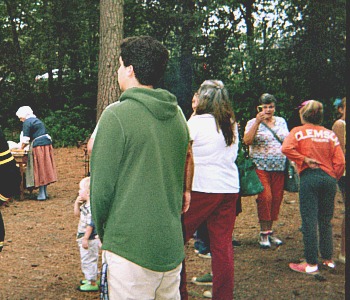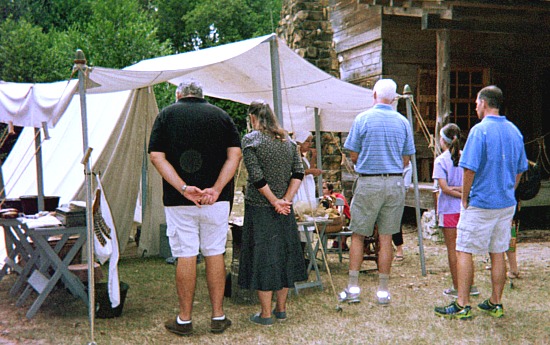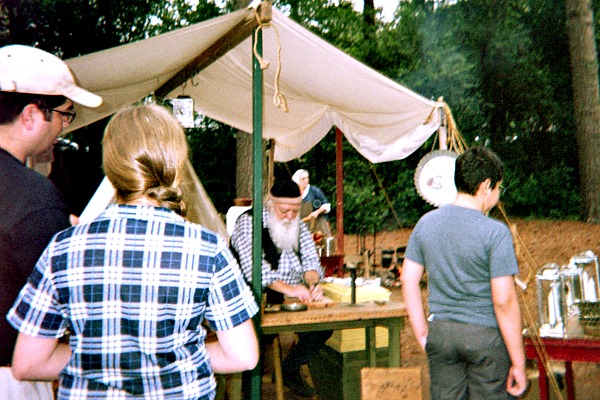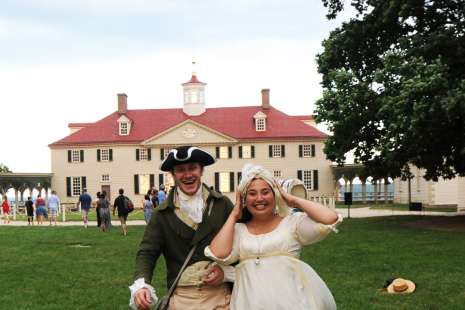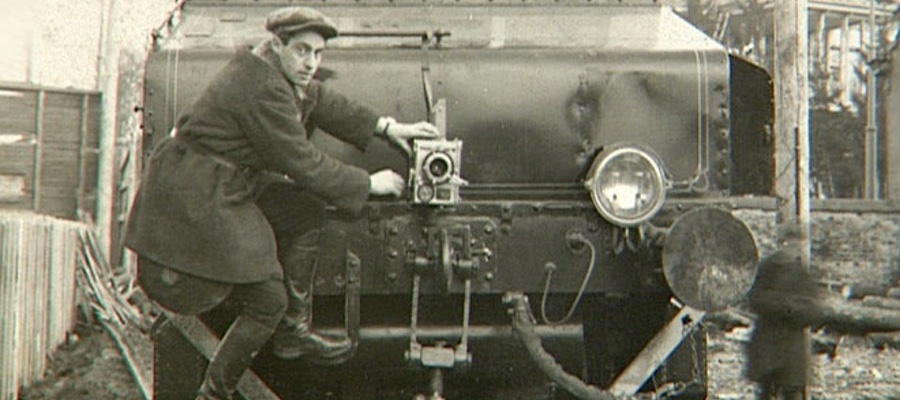How historical apps help teachers
Historical apps can help teachers working with students in school and after school. Teachers can explore which historical apps for mobile phones are the best ones for them to use in the classroom. Historical apps can be used to help kids develop social skills, master academic subjects and research information on the Internet. Information technology education is important to understanding today's information age since technology including mobile phones has become part of everyday life in the 21st century.
Learning is an ongoing process and the changing technology landscape is slowly changing the approach students take to increase their knowledge. Today the focus of education has shifted to eLearning using mobile phone applications or apps. Students can use various feature-oriented applications to help them learn at their own pace. The use of mobile phone apps helps to make learning fun and more engaging for them.
Historical apps and benefits for teachers
The introduction of historical apps in the education sector has led to the introduction of new learning methods. There are fun games that encourage students to think and understand new material differently. Library and book search apps make it is easier for students to find study aids that will help them do better academically in school.
Parent-teacher communication apps help in building parent-teacher relations outside the classroom. New mobile phone apps make it easier for both teachers and parents to keep track of student attendance. School communication apps make it possible to send information to every student. These apps can inform them about new schedules, social school activities, various conferences and different forums.
Top app development companies are creating apps that make audio recording easier for both teachers and students. Students will have more access to personalized forms of learning. Teachers will spend less time explaining these lessons to students who have difficulty adjusting to more traditional forms of classroom instruction.
Teachers can utilize live polling apps to assess student knowledge. Forward thinking teachers are using mobile phone technology to create new and interesting projects. A student can use video to demonstrate what he or she has learned in school. Having the chance to discuss concepts in a more in-depth manner in an online forum serves to increase a student's understanding of the materials.
Teacher experiences using historical apps and other mobile apps
Jo Debens, a geography teacher, uses mobile apps to engage students in learning what they are studying in class. One example is a geocaching project. Students hid Olympic themed geocaches at Box Hill. They use mobile devices with GPS to access the geocaching.com website and online research. They do this before they hide the geocaches. They learn from watching these geocaches go live and watching real people from the public find their hidden geocaches.
A computer science teacher, Patrick Taylor, has partnered with Microsoft. He created an Introduction to Computer Science taster session covering mobile app design with resources extracted from the MTA and Microsoft school resources. Five lessons expose students to enough information to determine if they would like to pursue the computer science or ICT route.
Ken Halla, a social studies teacher, uses the Remind101 app to send students a text reminder when assignments are due. He also recommends many apps that are perfect for teaching social science courses. World Wiki is an app that provides demographic information for around 250 countries around the world. iAmerica is an app with information about each U.S. President and the history of the White House. U.S. Constitution provides students with access to one of the most important American documents.
Metaverse is an augmented reality app that uses the camera in mobile phones to use augmented reality (AR) overlays of objects such as characters, scenery and animations onto the physical world. The app allows students to interact with those objects. When creating virtual experiences, teachers can easily add multiple choice and open-ended questions, speech bubbles and characters, Snapchat-like filters, web pages and embed YouTube videos.
Classroom management of mobile phone apps
Apps for mobile phones for today’s teachers are evolving to give history teachers more oversight of daily classroom activities. LandSchool Technologies, a classroom-management-systems maker, has developed its EdApp Certification that gives the teacher more classroom management control over students’ mobile phones. Common Sense Media offers online reviews of educational apps.
Both of these companies are addressing the issues today’s teachers have about using apps for mobile phones in the classroom. Scott Meech, the founder of I Education Apps Review, explains why today’s teachers are reluctant to use mobile phones in the classroom. According to him, “Teachers want to be able to control the content, if it is a drill-and-skill type of activity. They would like to see more apps where you can pull out the data and see how well kids are doing.”
Teachers have two concerns when deciding on which of the apps for mobile phones would best suit their needs. First, they are looking for apps that are engaging enough to keep students on task. Second, the teacher wants the capability to stop any misuse of the mobile phones in the classroom.
Explore other historical apps at the seven best history apps that make learning history exciting.



